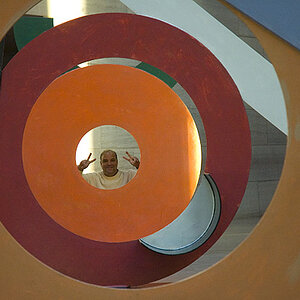D-B-J
Been spending a lot of time on here!
- Joined
- Apr 13, 2010
- Messages
- 9,027
- Reaction score
- 2,175
- Can others edit my Photos
- Photos OK to edit
The Use of Light
In the woods behind my grandmothers house in Mainein the past week, it has rained over 5 inches. I have been out in the woods with my prized DSLR for the past three hours, and will remain until it is too dark to work outside. Click. The sound of the shutters closing brings me back to reality; this time the exposure was only twenty seconds, but the picture is the best of the night. I quickly decide to take a few more before heading in. As the slight breeze flows around me, I wrap a towel around the cameras battery so it will not die from the cold.
Intuitively changing settings and capturing images, I ponder the art of photography. It is one of the simplest arts, and yet the hardest. There is only one aspect that can, in effect, create an effective imagelight. A beautiful scene is impossible to reproduce without good lighting. Picking up my head and gazing at the forest surrounding me, I am in awe of its simplistic beauty. The brook is three inches higher than normal, and makes for some stunning shots.
Reluctantly, I finally admit to myself that it is too dark to take any more picturesI unscrew my camera from the tripod, nestle it into my camera-bag, and grudgingly set off for home. Well, my second home at least. As I walk through the door, my grandmother exclaims, I thought you got eaten by a bear! And I reply, No Meme, I was taking pictures. You should know me by now.
The next day, the entire family comes for supper, and I display the images taken the previous day on the TV. As my family gazes, I glance at their facessmiles all around; as I am about to shut my eyes, I quietly say to myself, I knew there was a reason I loved photography.
By taking a picture I automatically change or completely remove the context of the photowith each re-composition, I remove certain aspects of the surroundings, such as the fallen tree on the left that encroached upon the upper left corner of the frame. It was not until I read John Bergers essay that I realized how easy it is to alter an image from the actual subject. The stream in my grandmothers backyard is not ideal; it is not an awe-inspiring river that is perfect to photograph. There are fallen trees, rotting leaves, sometimes less-than-desirable water levels. But with each shot, I tweak the position of the camera, the focal length of the lens, and the length of the shutter to squeeze every ounce of beauty out of the scene in front of me. What is worse than the alteration of context, is the amount of editing afterward. A great majority of the photos today are edited; whether in adobe Photoshop or other programs, the photo is altered even more. The context is changed once again. The context is altered to satisfy the artists bias: the proper amount of contrast, a vignette possibly, or even adding clarity, all to please the photographer. The point is many photos are an idealistic view of the subject, not an honest view. And the consumers, those who believe that the daily mass of photos which bombards them is an accurate representation of the scene only adds to the confusion of the presentation of the original subject. They forget to realize truly how much editing goes into some photos, thus lacking the critical thinking skill of being able to distinguish fantasy from actuality.
Regards,
Jake


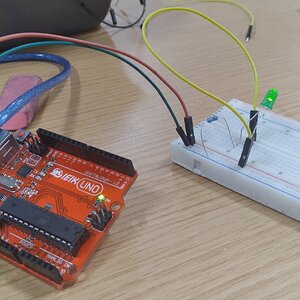
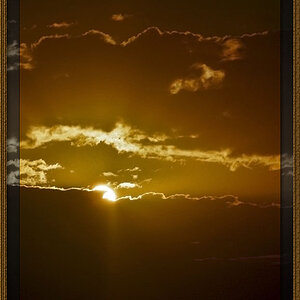
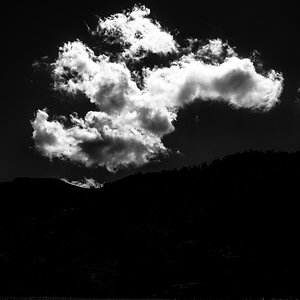
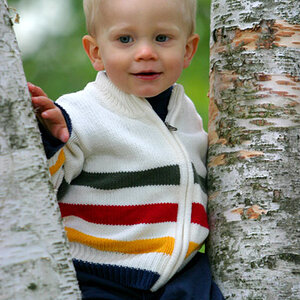
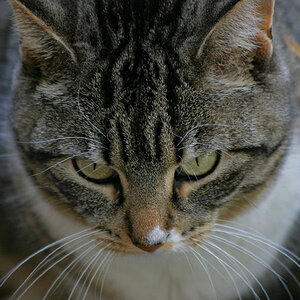
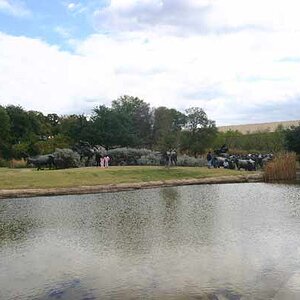
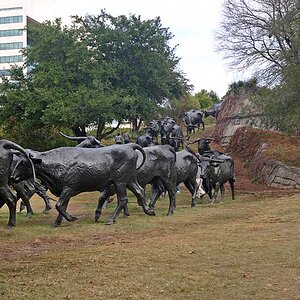
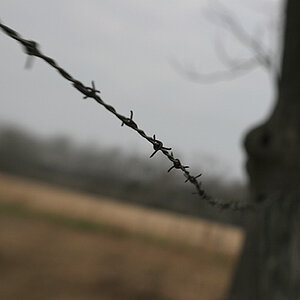
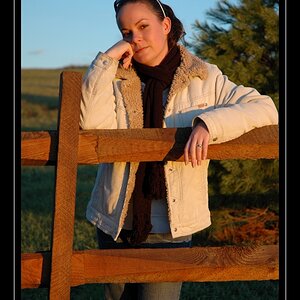
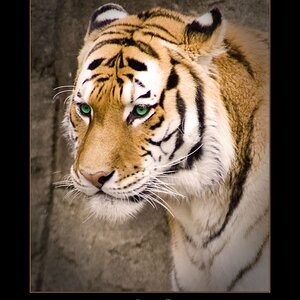
![[No title]](/data/xfmg/thumbnail/32/32164-d68fa2de02f9bef524bbd68aac2f12e4.jpg?1619735234)
